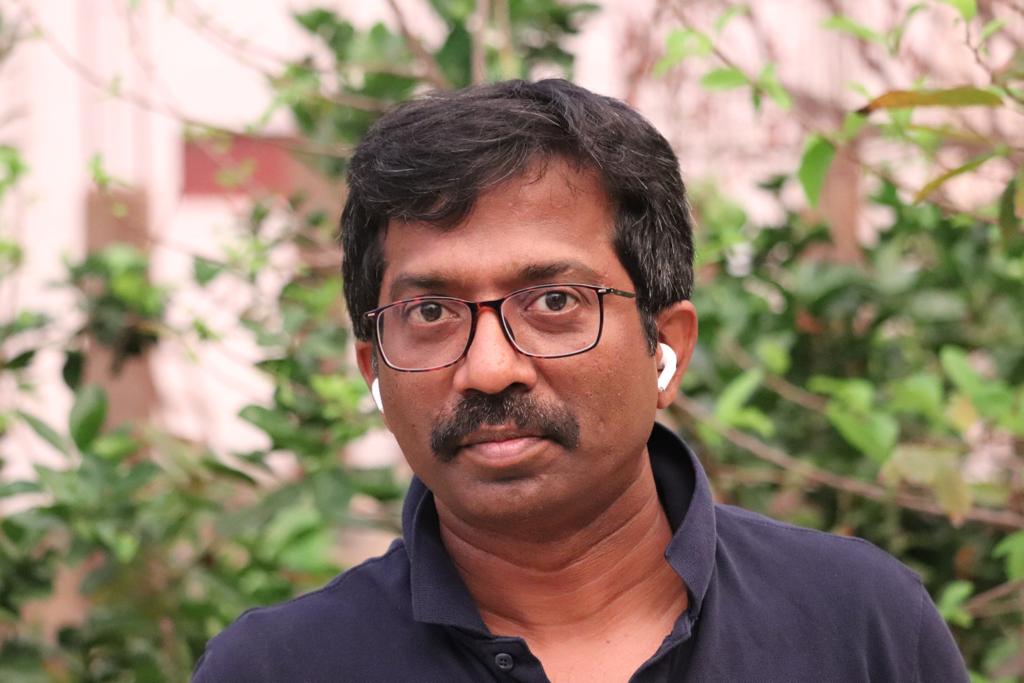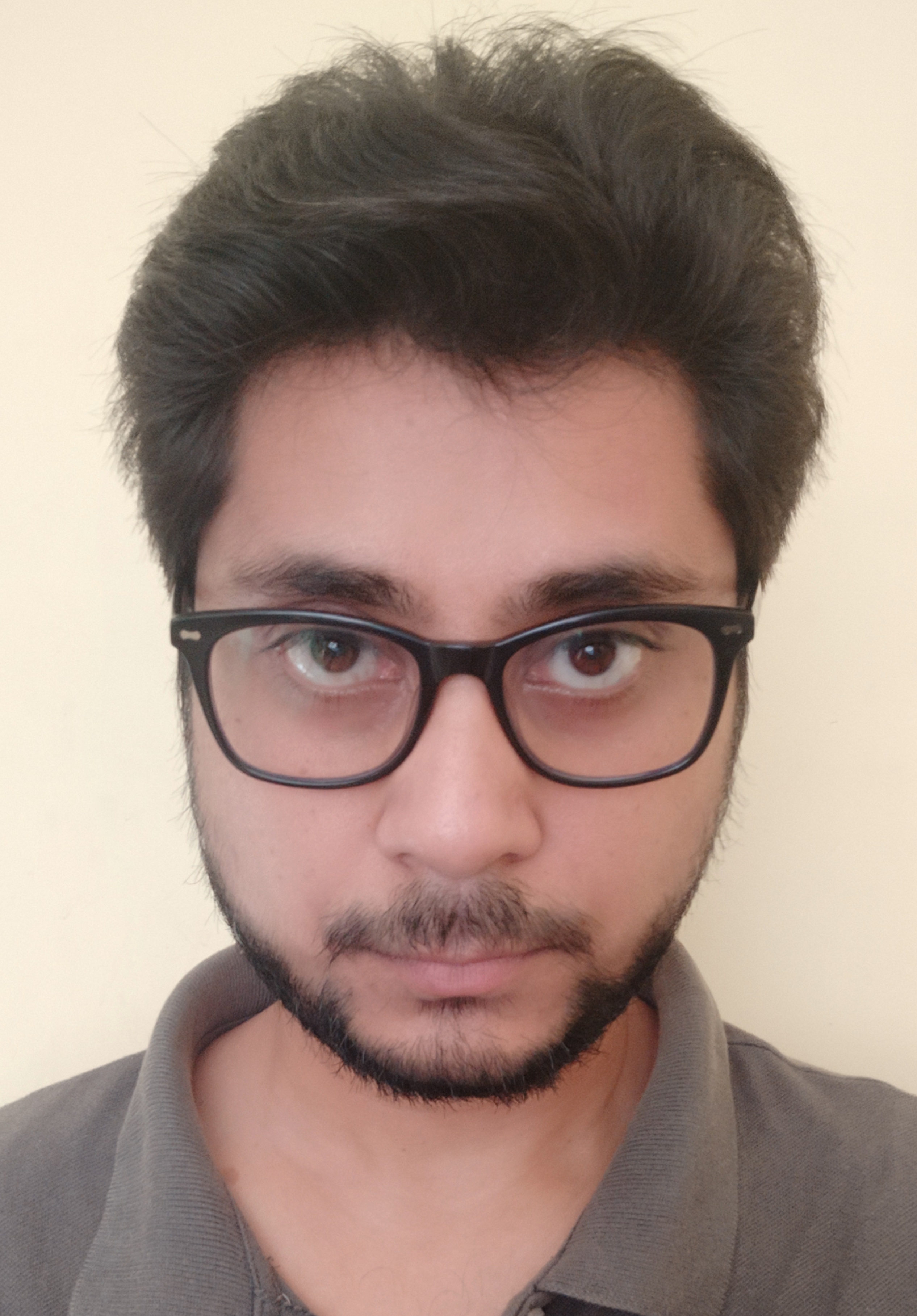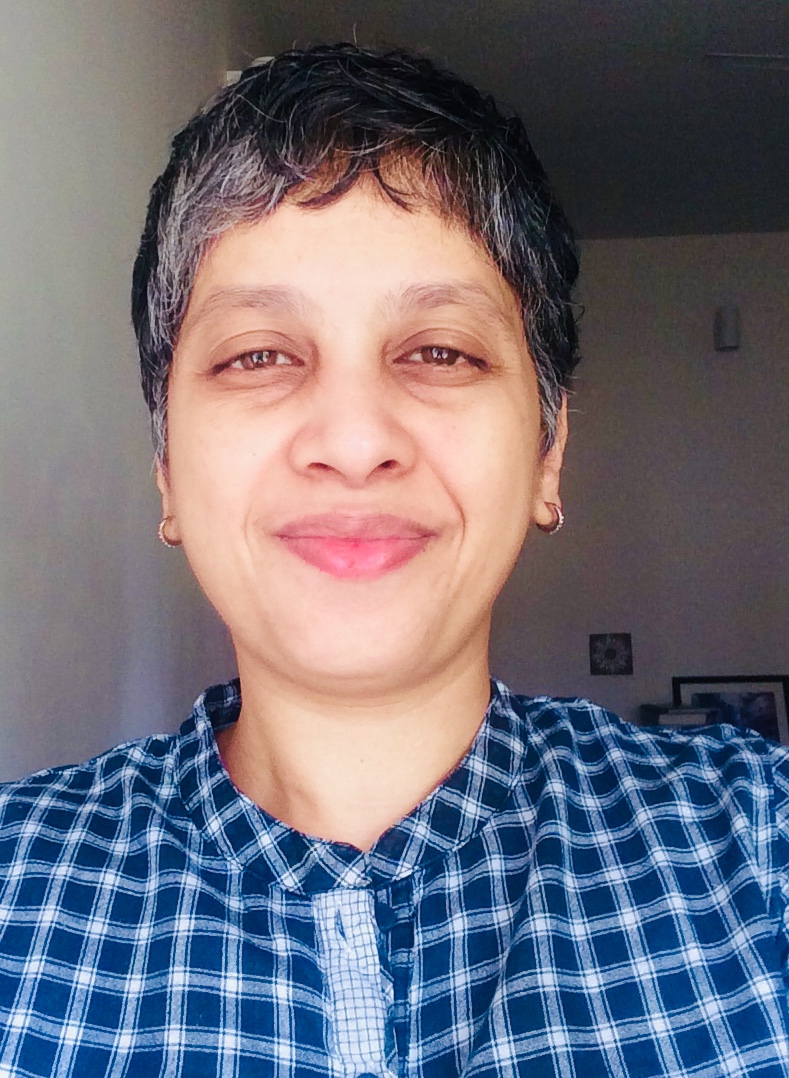Global Protection of Refugees and Migrants in 2023
Creative Segments
Routes and Ports of Migration :
|
The etymological root of the word port, the Latin portus means “haven” or “harbour” that ensures a safe arrival. In its verb form, port means “to carry”. Both the noun and the verb forms of the word relate to movement. Also, the word port, in popular parlance, is analogous to movement that happens through the ocean or the sea. The façade with which one readily associates to on hearing the word port is that of ships floating against the backdrop of an expansive water mass stretching till the horizon. Ports are an important aspect of human history and there is no gainsaying that the origins of port and the origin history of human mobility are concomitant and have facilitated each other’s growth for the longest time. While ports have been instrumental in shaping the contours of human mobility and settlement across the globe, these are also sites of human endurance, astuteness and not to forget, abysmal human cruelty. Such mélange of traits that ports exhibit, the variability of functions that they perform almost lend these the semblance of a living entity. Ports are thus spaces which have an aura of their own and are often denoted by the temporal and spatial conditions in which they exist. If one looks back in time, one can see that ports have been witnesses to some of the most path breaking events of human history – wars, trade, slavery, the advent and spread of colonialism, the present day conditions of trafficking, smuggling, piracy, etc. These aspects lead one to ontologically think about ports – are ports mere transit points or are these sites that shape shift to suit the demands of time in which they exist and function? |
|||
| Researchers | Topics | Abstracts / Full Paper | |
|
|
Francis Adaikalam is currently a faculty in the department of Social Work, Loyola College, Chennai, India. Apart from teaching he is closely engaged with various grass root organisations and civil society groups. Done numerous research studies related to migrants and in particular Tamil Emigrants working abroad. He was a Marie-Curie Fellow, IRSES, EU; Invited as Research Fellow, Department of Sociology, St. Petersburg University, Russia and International Leadership Visitors Program (IVLP) on Human Rights advocacy, The State Department, USA. Have travelled widely across South Asia, Europe, U.S.A, U.K and Russia on academic and policy engagement related to social work and social protection in universities and in Government agencies. At the policy level, he has been involved with matters related to international labour migrants, child protection, Child Friendly Panchayat and health policy. Engaged with numerous research and civil society groups such as CARAM Asia; Planning Department, GoTN; State Institute of Rural Development & Panchayat Raj, GoTN; Mahanirban Calcutta Research Group (MCRG), Kolkata; UNICEF and Directorate of Social Defence, Govt of Tamil Nadu. |
Tamil Indenture Labour : Witnesses at Madras Port |
|
|
|
Kaustubh Mani Sengupta teaches History at Bankura University, India. He studied history at Presidency College, Kolkata and Centre for Historical Studies, Jawaharlal Nehru University, New Delhi. In 2014, he obtained his PhD from CHS, JNU. He was a visiting doctoral fellow at the Centre for Modern Indian Studies, Goettingen, Germany. He was a post-doctoral fellow for two years at the Transnational Research Group on ‘Poverty and Education in India’ funded by Max Weber Stiftung, Germany. His research focuses on urban history of South Asia, early colonial state in India, history of infrastructure and space. He is also keen on practising historical research in the vernacular, and writes regularly in Bengali. His research articles have appeared edited volumes and in journals like The Indian Economic and Social History Review, Studies in History, South Asia Research, Economic and Political Weekly, Journal of Indian Ocean World Studies, History Compass, etc. His co-edited volumes are Rethinking the Local in Indian History (Routledge, 2021) and (in Bengali) Itihaser Bitarka, Bitarker Itihas: Ateeter Bharat O Ajker Gabeshona (Debates of History, History of Debates: India’s Past and Present Research, Ananda Publishers, 2022). |
Calcutta Port Complex and the Story of Indentured Labour |
|
Policy Briefs on Climate Disaster and Displacement :
| Researchers | Topics | Abstract s/ Full Paper | |
|
|
Shatabdi Das is Researcher at the Calcutta Research Group (CRG). She was Junior Visiting Fellow at the Institute for Human Sciences (IWM), Vienna, in Austria, in April 2022, under the ‘Europe-Asia Research Platform on Forced Migration’. She is currently doing research on urban and environmental issues and climate crisis. She has previously worked as Junior Research Fellow at the Centre for Urban Economic Studies, University of Calcutta and has also taught Geography at PG level in Sarsuna College, Kolkata (affiliated to the University of Calcutta). Shatabdi has been working with CRG since 2018 on research projects on migration studies, borderlands, displacement, environment and climate change. She was awarded Ph.D. in Geography from the University of Calcutta in 2020. Her Doctoral thesis is on ‘the impact of industrial and urban development on the environment of Asansol-Durgapur Planning Area’. |
Climate Disasters and Displacement: Role of Policies and Protection |
|
|
|
Sohini Sengupta is Assistant Professor with the Centre for Community Organisation and Development Practice, School of Social Work - Mumbai Campus, School of Research Methodology, TISS Mumbai. She has a PhD in Anthropology from the School of Oriental and African Studies (SOAS) University of London, Master of Arts in Social Work from TISS, Mumbai and Bachelor of Science with Honours in Chemistry from Miranda House, University of Delhi. She has experience in working with grassroots organization, drought response programmes and public policy making and has worked with Oxfam and as a research fellow with the World Commission on Dams-Social Impacts Team in South Africa. |
Understanding Climate-Mobilities for Policy Direction in the Global South |
|




